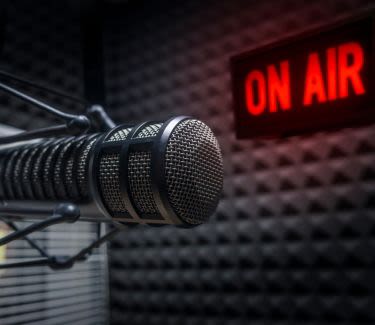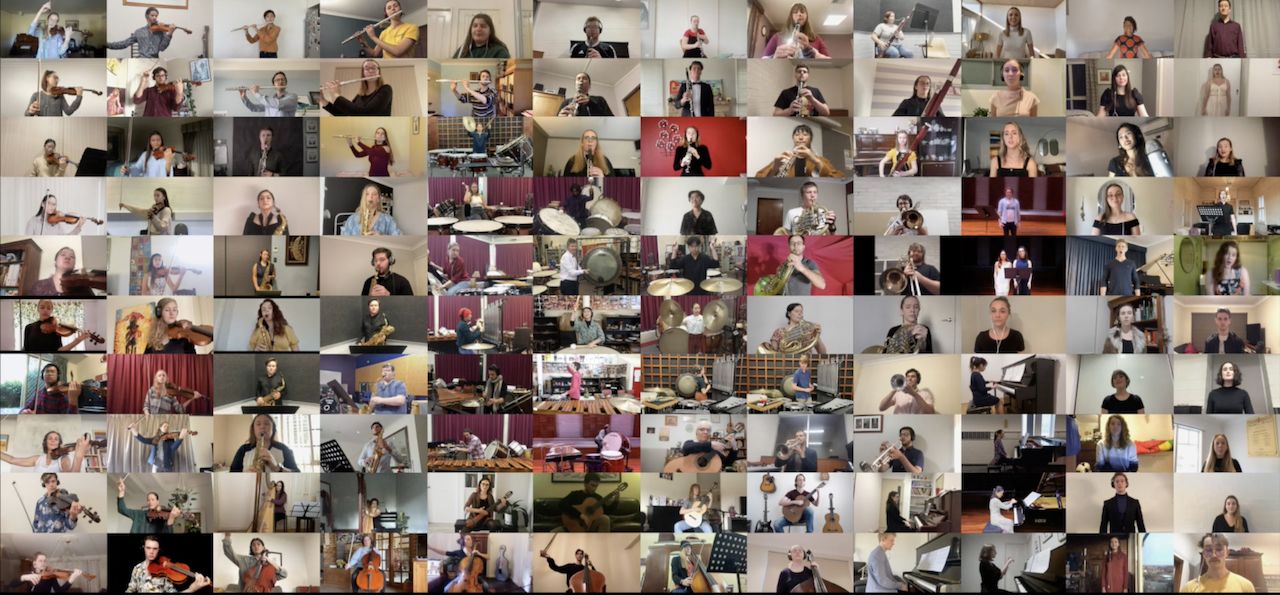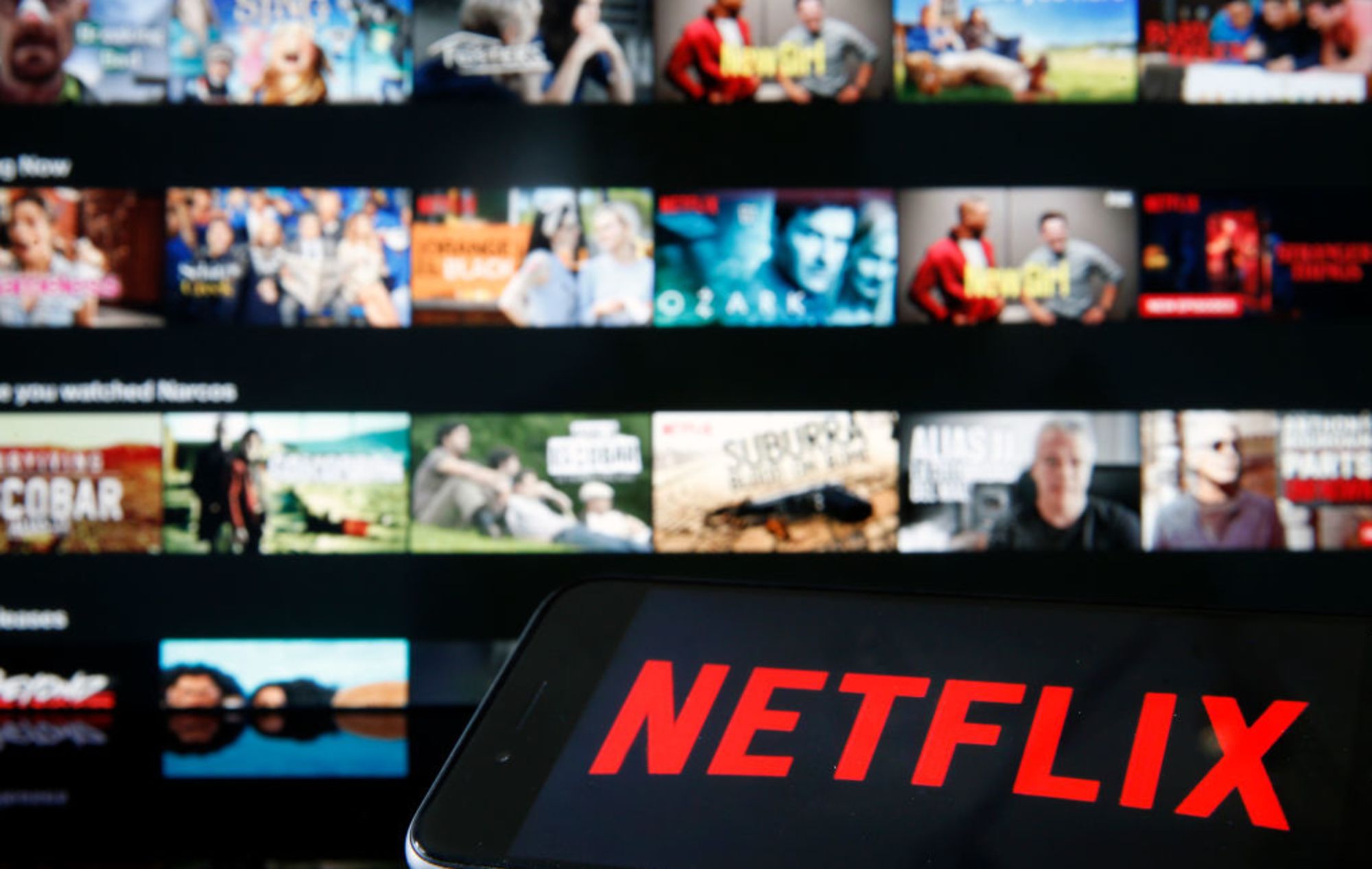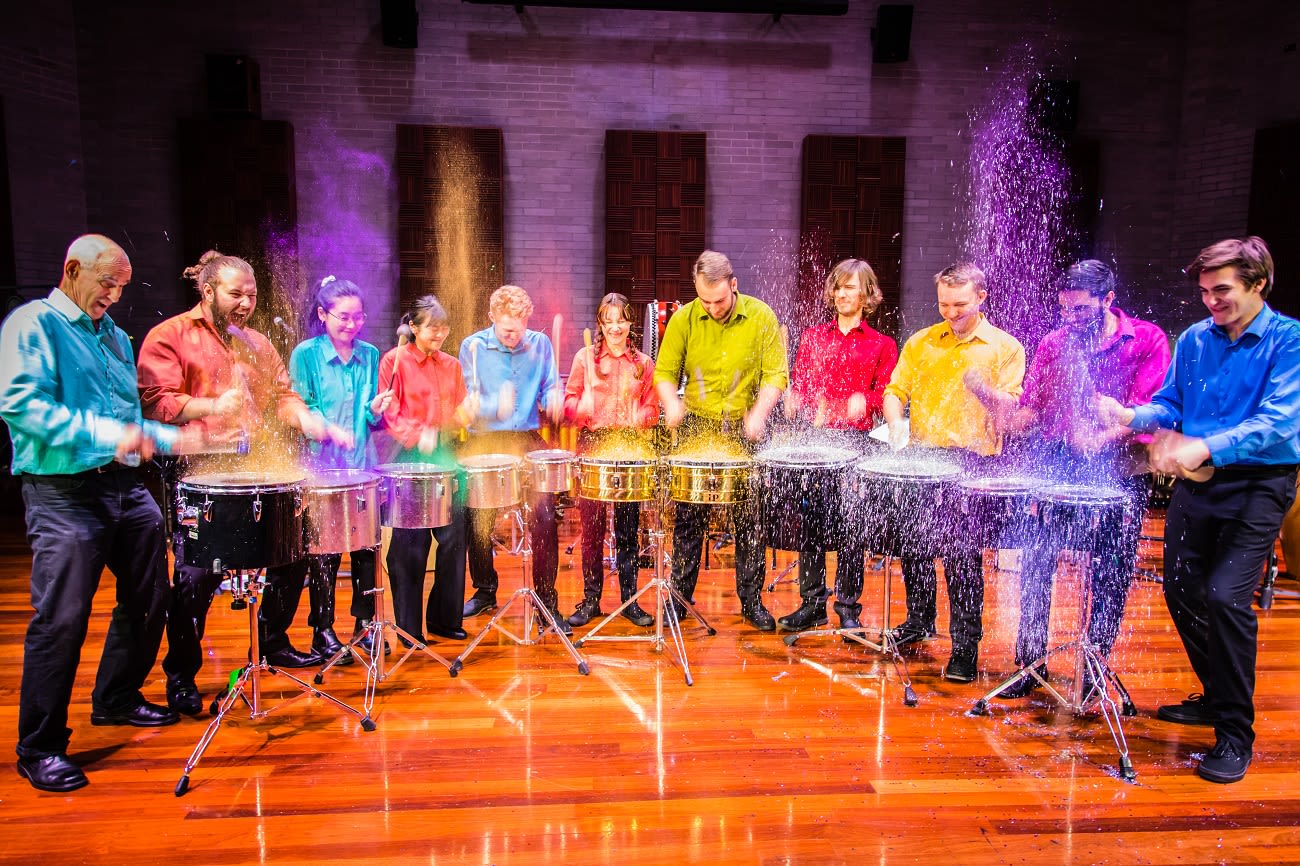WAAPA closes the curtain on the coronavirus horror show
Grace Armstrong
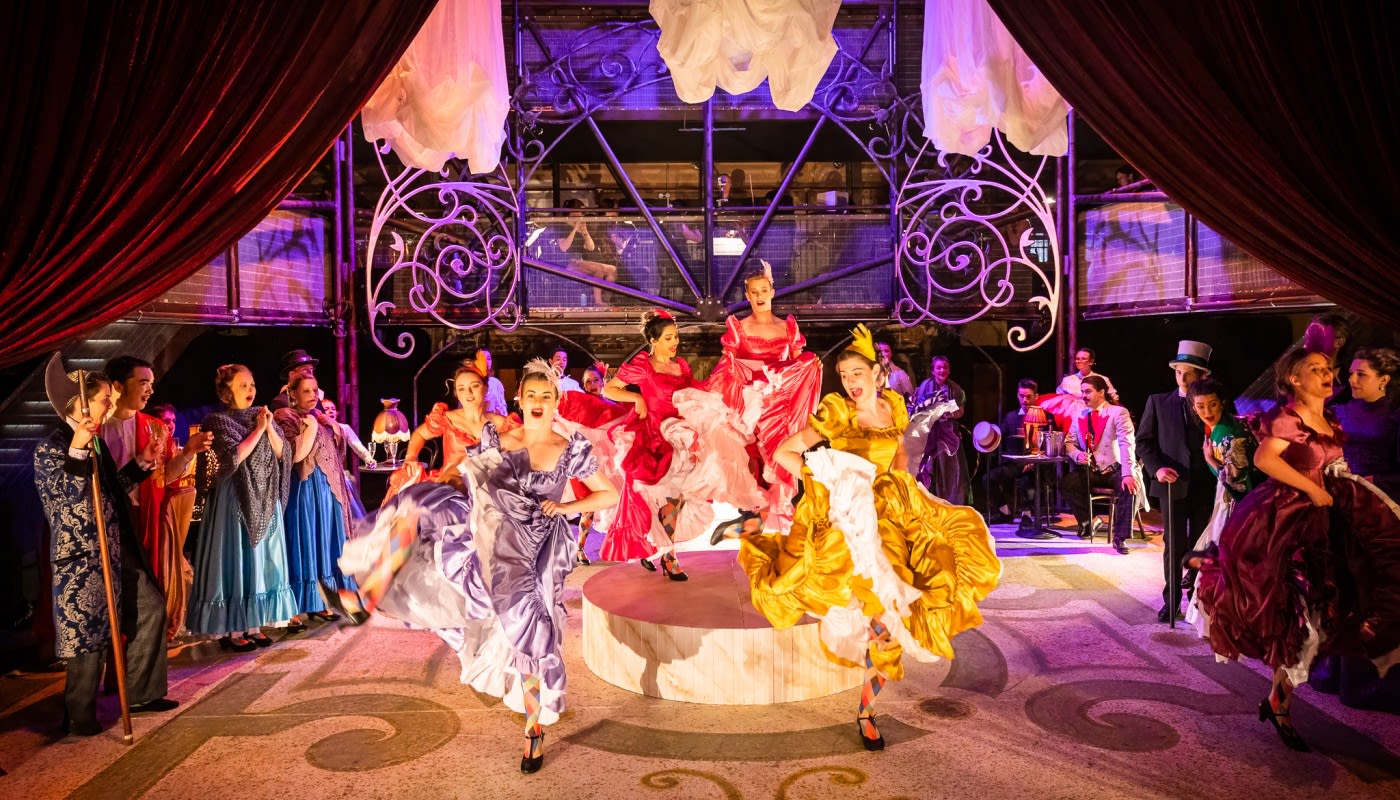
No Australian industry has been untouched by the coronavirus horror show, but perhaps none quite like the arts. For an industry based on human interaction and connecting with audiences, the sector’s beating heart well and truly flatlined from the first lockdown in March 2020.
For WAAPA, the nation’s second largest performing arts school, the effects have been continuous and challenging but, significantly, not always negative. In fact many have been surprisingly beneficial thanks to an innovative leader and a cohort of staff and students who desperately wanted the show to go on in whichever ways it could.
The initial panic of the first lockdown was shortlived as WAAPA Executive Dean David Shirley and his staff did what they do best: get creative. Rather than waiting idly by for a let-up that might never come, they brought forward theoretical work, delayed some practical work, and postponed only live performances. Music students continued with practice sessions over Zoom and where possible students participated in physical workshops in their own homes.
In some instances the WAAPA staff found opportunities through the lockdown which otherwise may not have been incorporated in the courses.
David Shirley says: “Our musical theatre and music programs were bringing in international practitioners who were Zooming in from the other side of the world, to talk to the students, to give advice, to run seminars and one to one classes”.
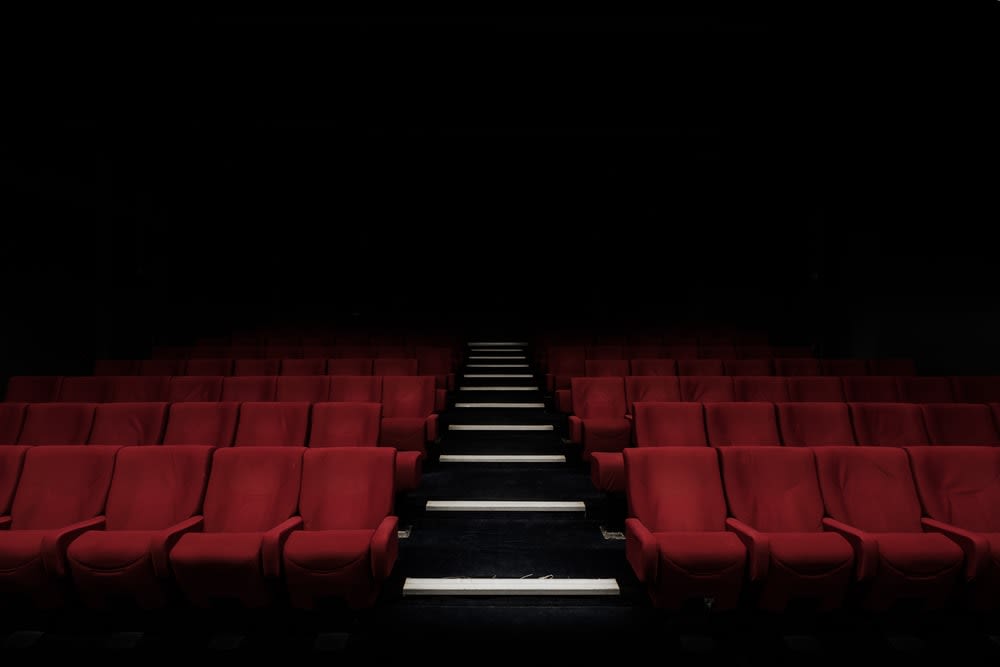
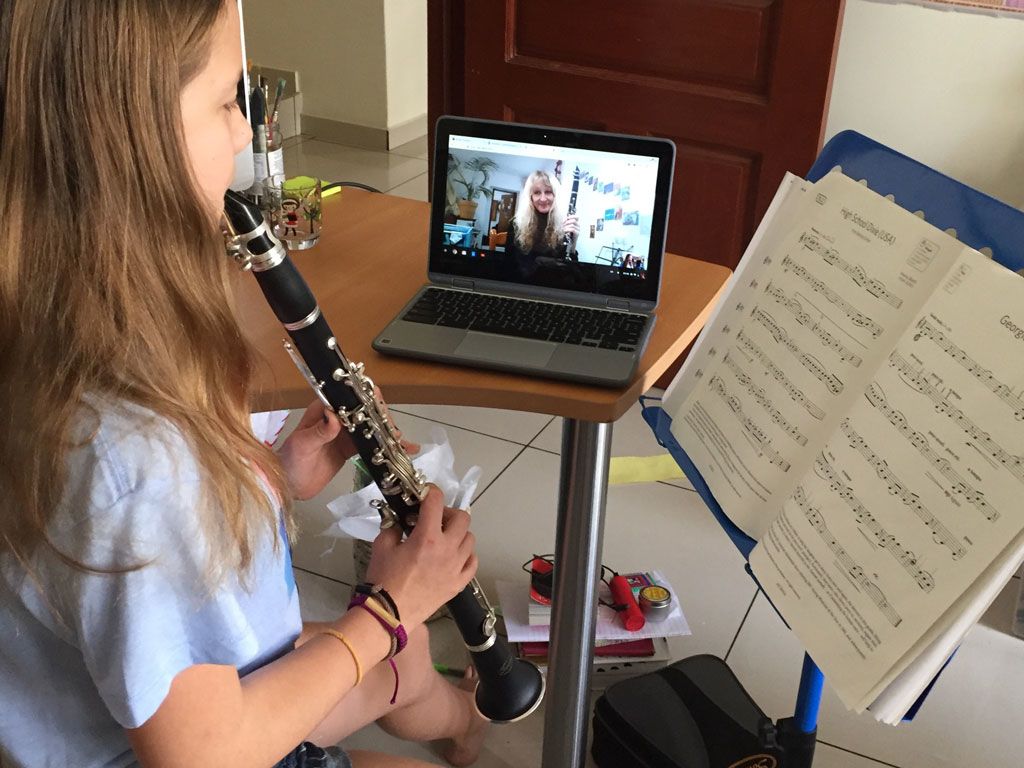
WAAPA’s head of musical theatre Nicole Stinton received a lot of media interest in her creative new assignments, such as a jukebox musical. The students formed groups and made mini musicals, filming themselves at home, and having the new opportunity to edit performances.
Bachelor of Performing Arts student Atira Shack says: “We are taught to constantly analyse ourselves and other people … performing in front of a camera gives you that opportunity to take the time to do so.
“Performers are resilient and creative so they will constantly look for ways to adapt, and find ways to get their stories out there,” Miss Shack believes.
Upon the students’ return to campus, a Pulse survey was held and WAAPA came out on top for innovation and creativity.
However the silver lining of coronavirus doesn’t stop at the education systems. The whole performing arts industry has had to innovate. Pre-lockdown, the creative arts employed just under 200,000 Australians, and contributed roughly $14 billion to the Gross Domestic Product. In the space of a few months, the 81 per cent of self-employed artists were left without a job and ineligible for Jobkeeper.
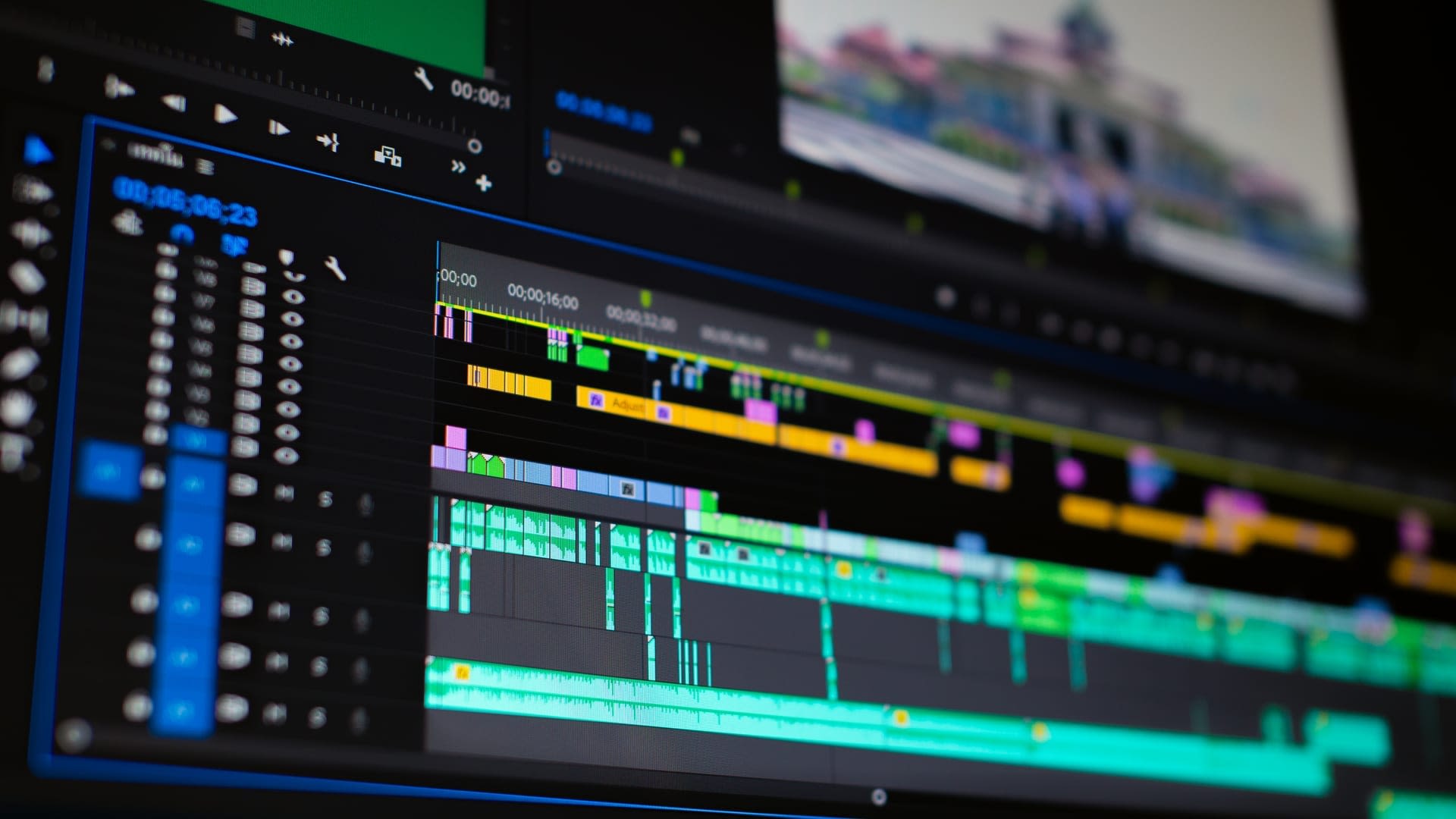
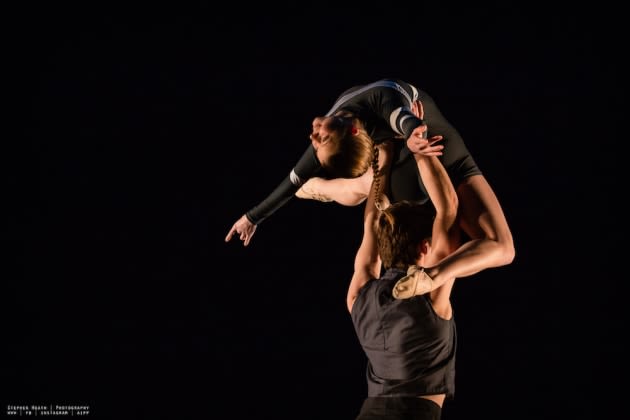
Amongst these performers is Every Other Theatre Company founder Xavier Hazard who also gave a positive outlook on performers in lockdown. “The silver lining is that constraints foster creativity, so those lucky enough to be able to innovate and use these circumstances to create may argue that there’s nothing wrong with an occasional lockdown to spark their creative flow”.
Mr Hazard led WA university students in creating a radio play during the weeks that these creative souls were imprisoned by their own four walls.
Radio plays are an old form of storytelling which involves narratives that you might otherwise see on stage, instead entirely in an audio format. According to Mr Hazard: “The writers initially collaborated over Zoom but we were lucky enough to eventually get in the room together and work on the story in-person”.
Another successful project born from lockdown was Brave The Wave, a piece composed by Johnathon Yang, which united 124 classical music students from WAAPA. They each filmed themselves playing the piece at home. Yang then mixed the sound all together, celebrating the importance of music in these solace times.
However not all countries have danced to the tune of this unpredictable virus like Australia has. In both Europe and America performing arts have been cut far more drastically. Broadway itself made a revenue of $1.8 billion in 2019. A number which fell dramatically when all 41 theatres on Broadway were closed in March 2020, the first one reopened April this year.
However this is not a swan song. Performing artists may have been impacted the same as everybody else but they are also equipped to offer reassurance to different communities. When Covid-19 was at it’s darkest place people were listening to music, reading literature, watching Netflix, so streaming became a source of income for these workers.
David Shirley says: “We mustn’t practice our art form in closed buildings we need to go out, because people are very receptive of them particularly here in Perth”. So whilst the rest of the world is waiting in the wings it is time for performers, now more than ever, to entertain and build relationships with the audience.
The show must go on and after the performance and creativity from WAAPA last year, it is going to be a tough act to follow.
